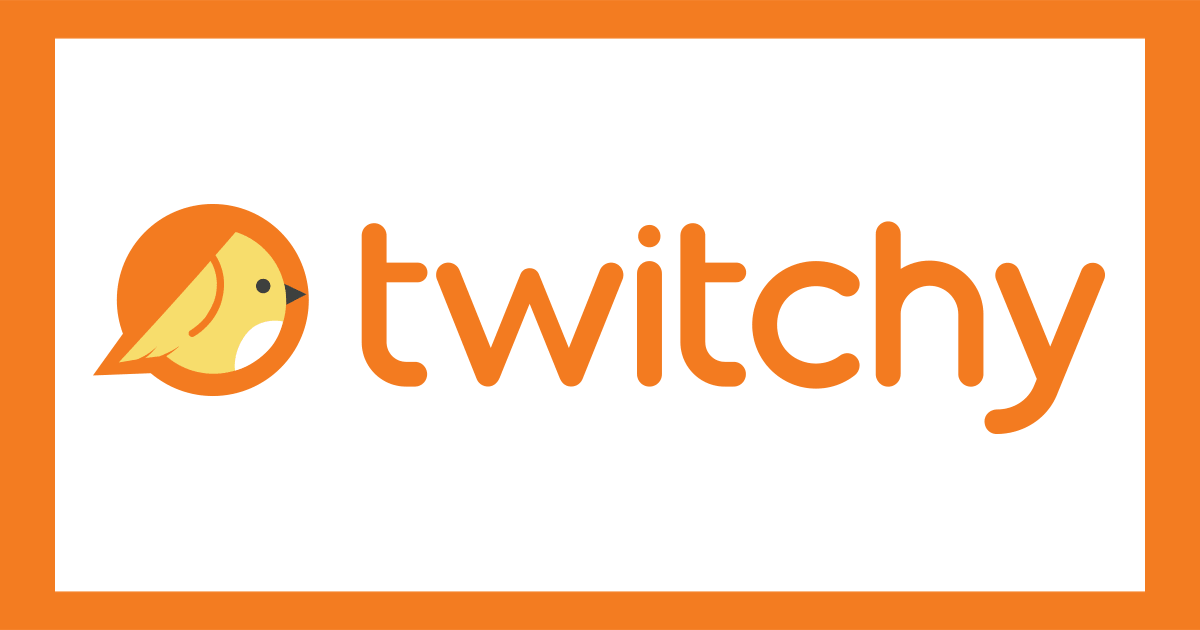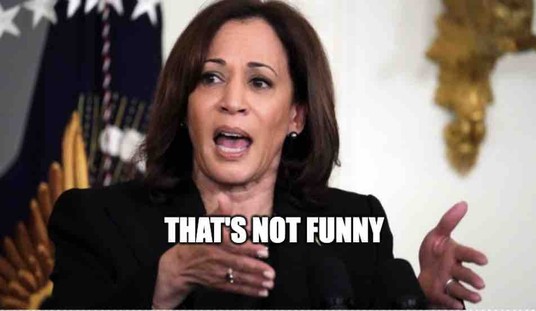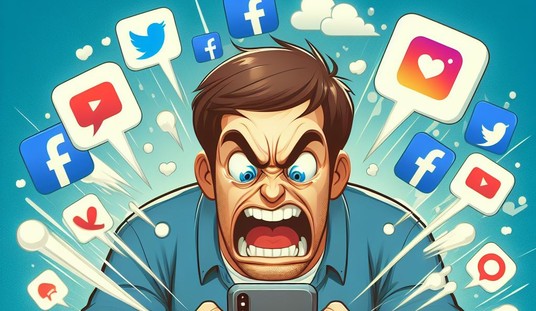This is the section in which The Atlantic talks about books, like “Raising Raffi,” journalist Keith Gessen’s memoir of his first years parenting his son, in which discipline becomes a “quicksand of confusing implications.” But rather than kick off with a book, Andrew Aoyama introduces the topic of what it will take to separate fatherhood from anger and violence by referring to the “Taken” movies:
A stomach-twisting thrill animates the Taken movies. As bullets fly across each progressively more ridiculous sequel, Liam Neeson kicks down the door to the pantheon of cultural Super Dads and asserts himself as its king. Here is a paragon of fatherhood, the films suggest; here is a dad endowed with “a very particular set” of parenting skills, a man who may struggle to connect with his daughter emotionally but can unleash a hail of violence each time she encounters a band of licentious kidnappers.
If today it’s hard to watch Taken without at least some disgust at the glorification of Neeson’s bloodshed, perhaps it’s because the traditional conception of fatherhood his character embodies has begun to fall out of step with shifting understandings of masculinity.
Unless we’re mistaken, the last “Taken” move came out in 2014, so we’re not so sure why they’re hard to watch today, in 2022. We must have really been wussified over the past eight years.
Has the image of fatherhood in the “Taken” films fallen out of step with modern conceptions of masculinity? @AndrewAoyama explores what it takes to separate fatherhood from anger in this week's #TheAtlanticBooksBriefing:https://t.co/kF6sMb23J1
— The Atlantic (@TheAtlantic) August 5, 2022
Recommended
There's no special connection between fatherhood and anger. I'm surprised that men have put up with this routine denigration of masculinity for so long without getting angry tbh.
— try intellectual honesty instead 🇺🇲 (@wendydoesdishes) August 6, 2022
“Modern conceptions of masculinity” is shorthand for men with no backbone.
— TedR (@thecoffeemonkey) August 5, 2022
https://twitter.com/DismasTheGood/status/1555937982200385536
https://twitter.com/cyrus_howell/status/1555682660336504834
Exactly.
— A Black Man In Seattle (@black_seattle) August 6, 2022
I'm not a violent man. I prefer to settle issues with logic and reason.
An imminent threat to my children's safety, however, will be addressed by whatever means will best remove the threat.
How is this complicated or undesirable?
— wpgchrish (@wpgchrish) August 6, 2022
The weak men who caused the hard times trying to stifle the emergence of strong men who will bring good times.
— Snuggy Jr (@SnuggyJr) August 6, 2022
Pussification
— 𝑱.𝑹. (@qgunk) August 6, 2022
The soy is strong with this one.
— Ace Bragg (@Ace_Bragg) August 5, 2022
It would be easier for modern men to figure out fatherhood if hoards of elitists didn't spend so much time telling men that something is wrong with them.
— Tom Troglodyte (@asietaihan) August 6, 2022
Anger, when controlled, is useful.
When unleashed at the right time with control, is what separates us men from boys
— Darkskeptica (@darkskepticuk) August 5, 2022
https://twitter.com/FreeGumbyDammit/status/1555939185696985088
https://twitter.com/Dino11975/status/1555690514531471361
What an embarrassing introduction to an unnecessary conversation.
Related:
Actor/comedian Kumail Nanjiani says traditional masculinity is a disease; Do we want a cure? https://t.co/nmQthsv2au
— Twitchy Team (@TwitchyTeam) December 11, 2020
























Join the conversation as a VIP Member